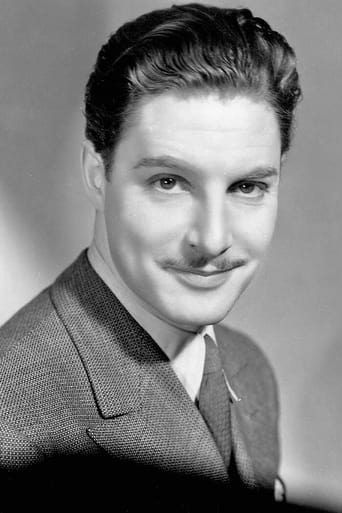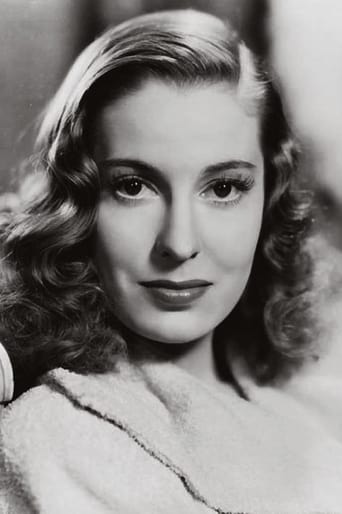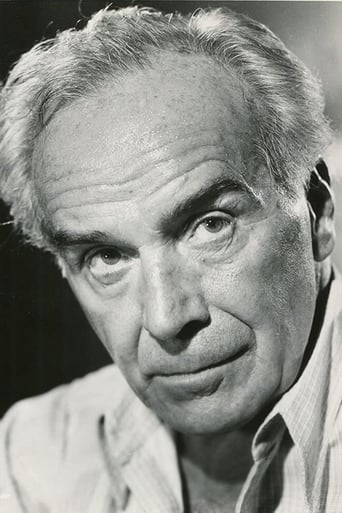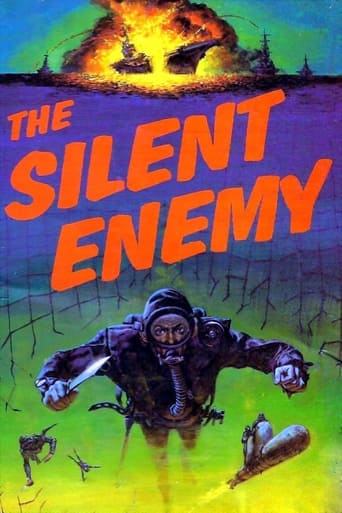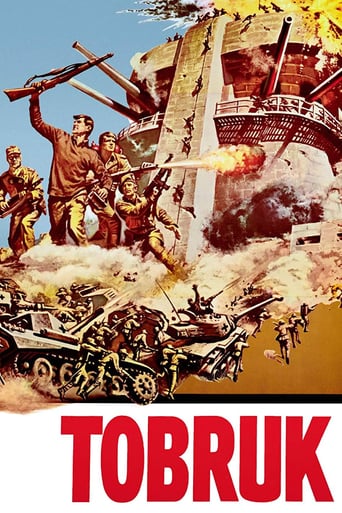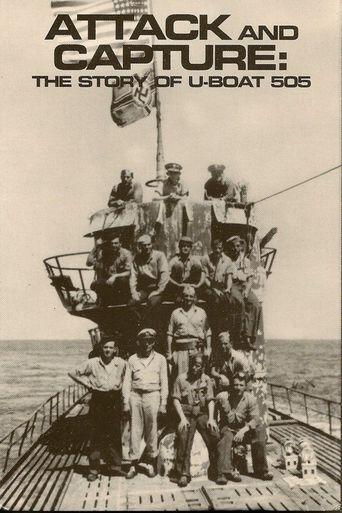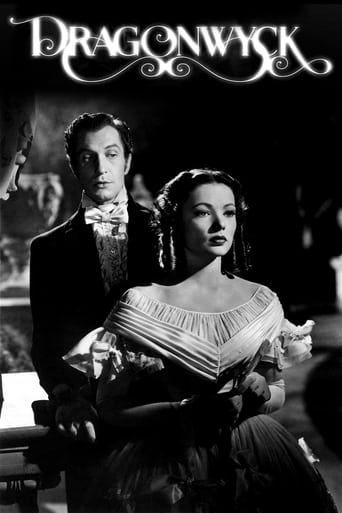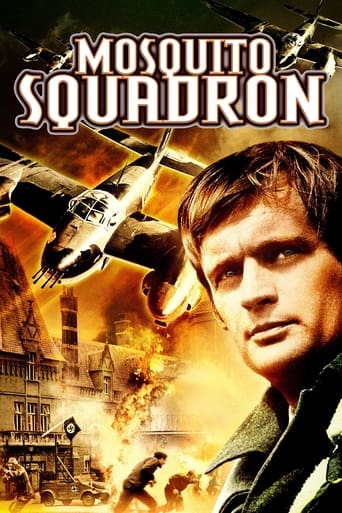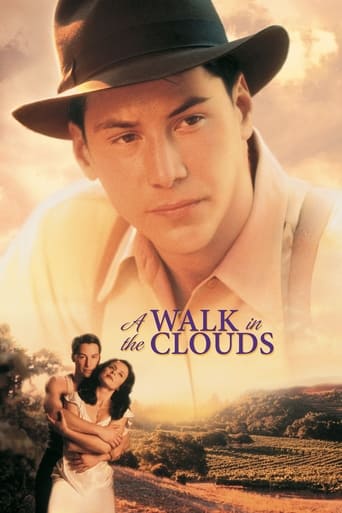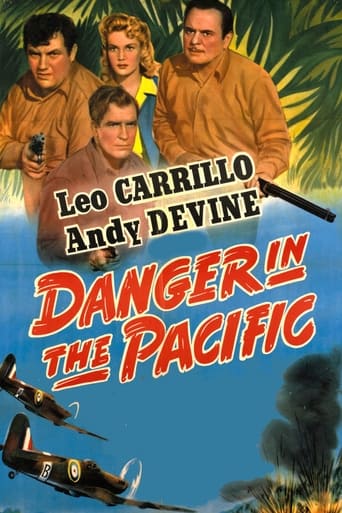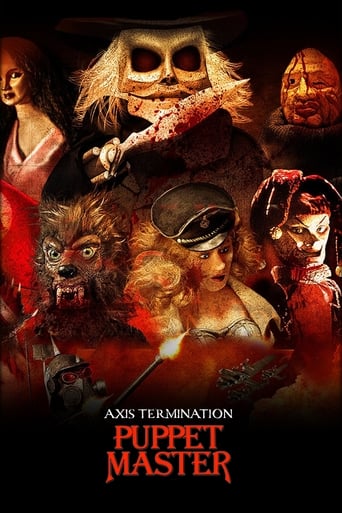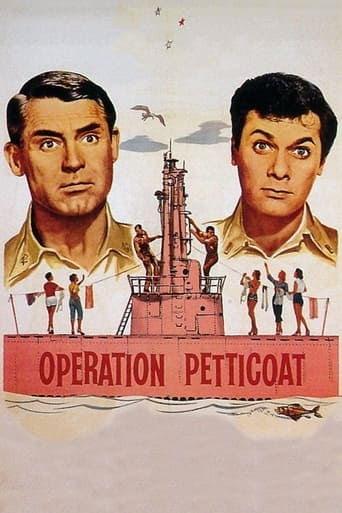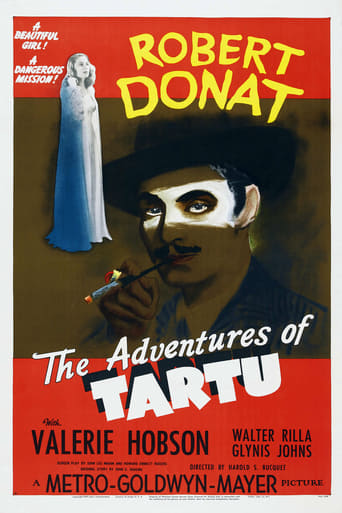
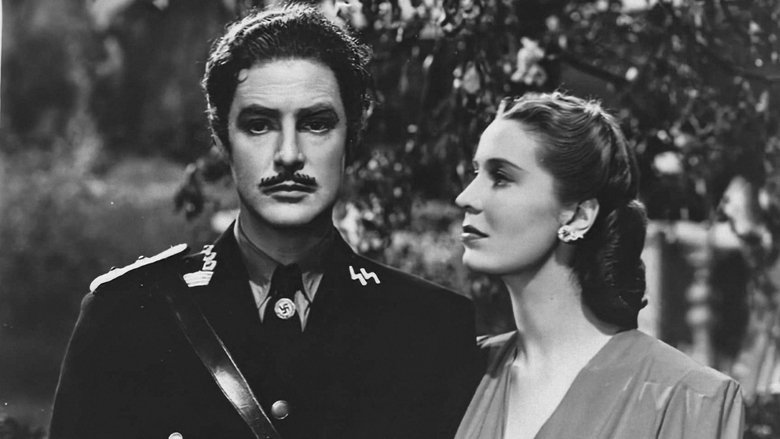
The Adventures of Tartu (1943)
British Captain Terence Stevenson (Robert Donat) accepts an assignment even more dangerous than his everyday job of defusing unexploded bombs. Fluent in Romanian and German and having studied chemical engineering, he is parachuted into Romania to assume the identity of Captain Jan Tartu, a member of the fascist Iron Guard. He makes his way to Czechoslovakia to steal the formula of a new Nazi poison gas and sabotage the factory where it is being manufactured.
Watch Trailer
Cast


Similar titles
Reviews
***SPOILERS*** With the British Foreign Office getting wind of a plot by the evil Nazis developing this new strain of poison gas that's 1,000 times more powerful then mustard & chlorine they decide to go into action to stop them. It's decided to parachute drop British bomb defusing expert and part time chemical engineer Terry Stevenson played by Robert Donat, who's been rumored to be the hair to the "Dunkin Donut" fast food empire, being dropped into Nazi occupied Czechoslavakia where the Nazis are secretly developing the deadly gas.Taking the identity, with false papers provided to him by the British Foreign Office, of deceased Romanian chemical engineer and army officer Jan Tartu Stevenson gets a job at the Czech Skoda works or factory where the poison gas is being developed. While staying in Czechoslavakia at the Palacek residence Stevenson using the name Jan Tartu then tries to get in contract the the Czech Underground, a group of real bad dudes, to help him sabotage the Nazis attempt to make the gas. The Nazis plan to put the gas into mass production to be used in terror raids by the German Luftwaffe against Great Britain. And even worse Tartu gets romantically involved with Nazi loving Maruschka Brunn, no relation to Eva, played by Valerie Hobson who if she finds out who he really is and what he's up to, destroy her beloved Nazis plans to developing the super poison gas, can blow his and the British Foreign Offices plans of stopping them out of the water!***SPOILERS*** As it later turns out the Nazi loving Maruschka is really working for the take no BS, from the Nazis and anyone else, Czech Underground and using her both beauty and charms to get vital information from the Nazi high Command, who are falling all over themselves to get a date with her, to relay back to them as well, by short wave radio, the allies. It takes a while for Tartu to convince the bad a** Czech Underground that he's the real deal a British secret agent not a die in the wool Nazi for them to go along with him on his mission. That's to blow up the Skoda Works Factory with everyone in it the Nazis and even the slave Czech worker, which considering the circumstances was a small price to pay, to keep the deadly gas from being developed and later used against the allied forces fighting a life and death struggle against Hitler's Germany. It would have been enough for Tartu to just have blown up the Skoda Works Factory but he still has a lot of work to do after that. That's in his shooting it out with the pursuing Nazis as well as hijacking a Luftwaffe plane and together with his now lover Maruschka bomb a German military anti-aircraft installation! As he, without ever taking a single flying lesson, flies to the safety of his home in the friendly British isles! That without as much as a mark or scratch, in dodging hundred of bullets and ack ack shells, on him!
"The Adventures of Tartu" has a fine opening scene, quickly establishing Robert Donat as a cool and collected expert in defusing bomb which hadn't exploded in one of the Nazi's blitzes of London. The scenes which follow are a bit erratic. Donat's acting is always superb, but the dialog and situations which he has been given generally do not build suspense or audience sympathy. There are fleetingly good lines and occasionally good moments, but the opening and the finale are the finest parts of the film---it would seem that these were the most concentrated upon by the filmmakers, with the centre section being somewhat secondary.The closing scenario and its seemingly expansive set anticipate that of "Dr. No" and many subsequent Bond films. Donat essayed a similar role in "Knight Without Armour" (1937) in which he was a British spy posing as a Russian revolutionary during and after WWI, but that film was far superior on every level to this one. Still, any film with Donat is interesting at the very least, and "Tartu" is fairly good.Thus far (as of 2013) a very clear print of this motion picture hasn't surfaced, but perhaps Criterion will restore/release one in the future, should the British Film Institute or some such other organisation have a good transfer from the original negative on hand.
The Adventures of Tartu aka Sabotage Agent is a cut above the mass produced war movies of the 40s. The acting is very good. The sets are fantastic. Special effects are very good. And the story is pretty good even if it is just one of many, many 'go behind enemy lines to destroy X' stories. The script is very well written.Our story starts with Cpt. Stevenson being called to defuse a bomb in a hospital, which of course he succeeds in doing. Immediately after he is called to head off to Czechoslovakia on a secret mission because he grew up in Romania and speaks the language like a native, as well as speaking German. Soon enough he's off to try to contact the Czech underground, disguised as one Jan Tartu, a now deceased Romanian Iron Guard member. But before he can make contact his link to the underground is arrested and he has to try to make contact on his own.Stevenson becomes a Nazi official and keeps trying to make contact with the underground so he can get help to complete his mission before the deadline. Which leads to my favorite scene of the movie. After a great performance in a pub, Tartu/Stevenson is captured by a group of men who have to find out who he is. It's a cool scene, well conceived though I was able to figure out what was going on before it was revealed so it may have went on a bit too long.Naturally Stevenson is able to complete his mission and escape by way of a rather implausible shootout in which he never misses and the Nazis can't hit the floor with their hat. Nevetheless, this movie is somewhat better than the rest of the period, thanks mostly to Donat's somewhat comical portrayal of a Romanian Nazi puppet and his great acting. As well as the excellent sets and effects. I'd give it 8 stars but since this plot has been done oh so many times I only gave it 7/10.And by the way, Tartu only says Heil Hitler 15 times, though it seems like more because nine of them are within one 10 minute section.
Robert Donat had movie-star looks and considerable acting talent, but he also had chronic asthma that shortened his life. Ironically, the asthma also helped his acting career. He took acting lessons in the first place in the hope of strengthening his voice, and the condition gave his voice a plaintive whisper that he used quite effectively on screen. In 'The Adventures of Tartu', Donat plays several scenes with Glynis Johns, whose voice was even more whispery (whisperier?) than Donat's. They sound quite interesting together on screen.Donat spends most of this WW2 drama wearing a Nazi uniform and saying things like 'Heil Hitler'. No worries; he's a British agent undercover in occupied Czechoslovakia. To make his loyalties absolutely clear to the audience, the first reel of this film shows Donat on fire-watch duty during the Blitz, courageously disarming a doodlebug in the wreckage of a hospital, while a twee little boy asks annoying questions from his hospital bed. We see some brief stock footage of the actual Blitz, with London in flames; unfortunately, this dose of reality contrasts sharply with the fictional sequences that follow.Donat is soon conscripted to go undercover in Czechoslovakia, using the identity of a dead man named Jan Tartu. Donat's mission is to make contact with the Czech resistance and blow up a Nazi chemical factory. From here onward, we get some very implausible cloak-and-daggery. Donat's password is the first line of a Wordsworth poem ... and the countersign is the next line of the same poem! This is utterly ridiculous: a countersign should never be intuited from a password. A much better (and more plausible) example was in the film 'Twilight's Last Gleaming', in which Burt Lancaster is challenged to identify three passwords. The first one is 'Romeo' and the second one is 'And' ... so he knows the third password cannot possibly be 'Juliet'!Back to Donat: matters get more annoying very quickly. In order not to blow his own cover, Donat must stand by and murmur 'Heil Hitler' as his contact man (an elderly cobbler) is hauled off by the Gestapo. Donat continues his Nazi act when another resistance agent (a haggard middle-aged woman) is arrested. But the third time the Nazis try to bounce a Czech, the resistance agent is an attractive young woman ... so *this* time, for some reason, Donat endangers himself and his mission to save her.Valerie Hobson, whom I've always liked, is cast as a Czech woman who appears to support the Nazi cause but who is actively involved in the resistance. In one sequence, to vamp a German officer (Walter Rilla, the perennial movie Nazi), Hobson gets dressed up in a chic black outfit with a cape. She looks dead sexy in this rig, and the sexiest part of the ensemble is a large black picture hat that frames Hobson's face and hairstyle very attractively. I was annoyed when Hobson tries to seduce Rilla by telling him that she might take off her hat. This line is meant to seem very kinky, but Hobson is so sexy with the hat *on* that I found this line annoying.There are some impressively tense situations in which Donat can't tell whom he can trust. The scenes in the chemical factory are excellent, with some splendid camera work in sequences featuring a glass-doored lift that rises through several levels of the factory, with the camera alongside it in the lift shaft. There's also a very impressive matte shot (credit to Henry Harris) in which four tiny figures are seen moving in a large empty area. The budget is much higher than usual for a British feature of this period. The excellent and well-paced direction is by the unjustly obscure Harold S Bucquet, who may be the father-in-law of Hyacinth Bucket (he pronounced it 'bouquet'). I'll rate this spy thriller 7 out of 10. I would have liked it more if there had been more footage of Valerie Hobson in that picture hat.


